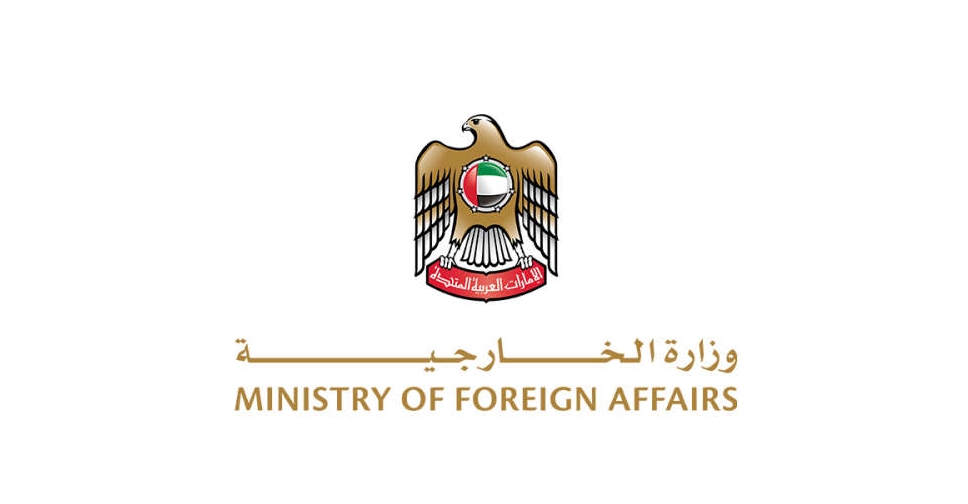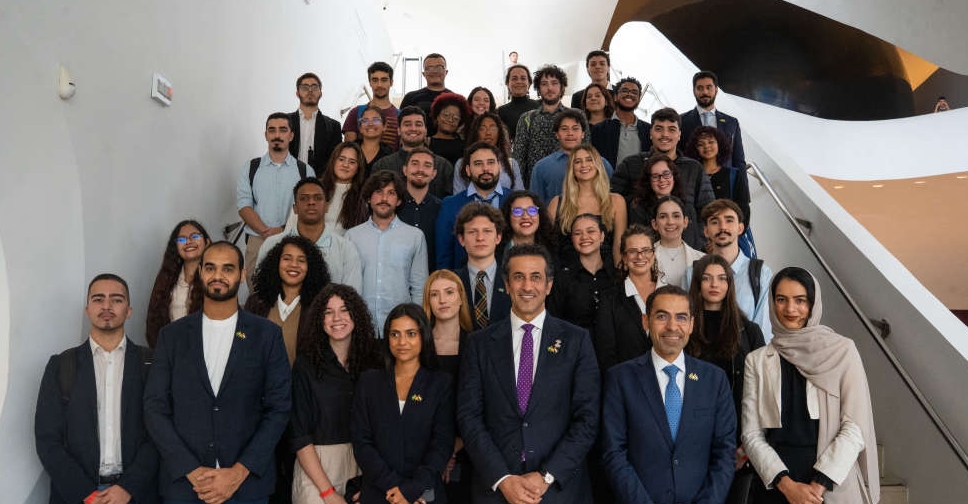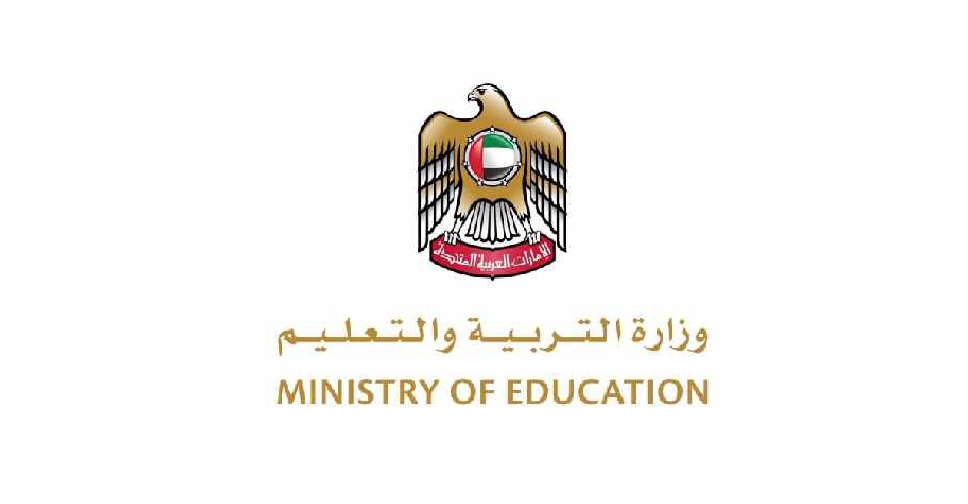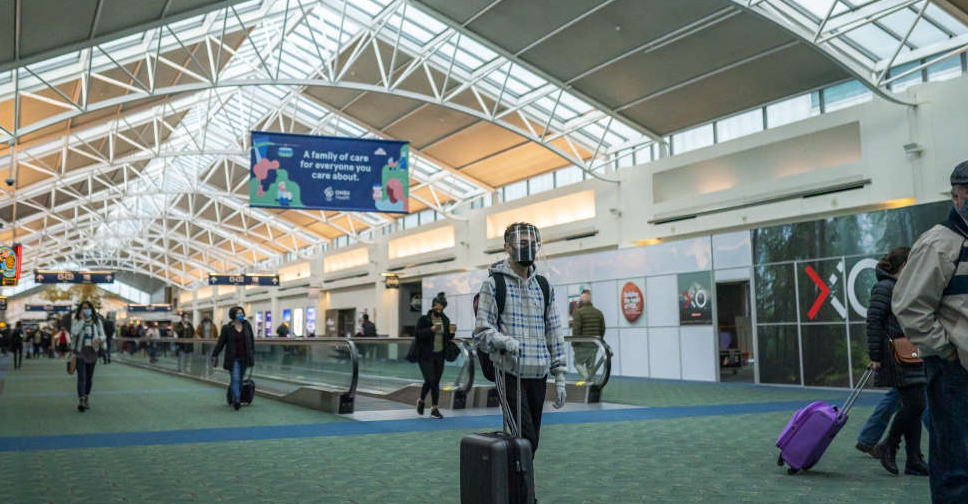
Air travellers to the United States will face tougher COVID-19 testing rules, while more countries tightened their borders amid uncertainty around the virulence of the Omicron variant and its ability to evade vaccine protection.
Japan and Hong Kong said they would expand travel curbs and Malaysia temporarily banned travellers from countries deemed at risk. Japan, which had already barred all new foreign entrants, reported its second case of the new variant on Wednesday.
Other countries braced for more cases: Australia said at least two people visited several locations in Sydney while likely infectious and Denmark said an infected person had taken part in a large concert.
The World Health Organisation (WHO) said "blanket travel bans will not prevent the international spread, and they place a heavy burden on lives and livelihoods", while advising those unwell, at risk or 60 years or over and unvaccinated to postpone travel.
Investors remained on edge on Wednesday, even as financial markets came off lows plumbed a day earlier following remarks by the CEO of Moderna that raised questions about the efficacy of COVID-19 vaccines against Omicron.
Global health officials have since offered reassurances and reiterated calls for people to get vaccinated.
"Our best form of defence still remains our vaccines," British Health Secretary Sajid Javid told Sky News.
"It's possible of course, it's possible that it might be less effective. We just don't know for sure yet. But it's also very likely that it will remain effective against serious disease," he said.
European Medicines Agency Executive Director Emer Cooke earlier said that laboratory analyses should indicate over the next couple of weeks whether the blood of vaccinated people has sufficient antibodies to neutralise the new variant.
The European Union brought forward the start of its vaccine rollout for five-to-11-year-old children by a week to December 13.
BioNTech's CEO said the vaccine it makes in a partnership with Pfizer would likely offer strong protection against severe disease from Omicron.
Britain and the United States have both expanded their booster programmes in response to the new variant.
First reported in southern Africa a week ago, Omicron has highlighted the disparity between massive vaccination pushes in rich nations and sparse inoculation in the developing world.
It has spread to more than a dozen countries, with Nigeria among the latest to report cases of the variant. Saudi Arabia confirmed its first case coming from a north African country.
Some 56 countries were reportedly implementing travel measures to guard against Omicron as of Nov. 28, the WHO said.
WHO head Tedros Adhanom Ghebreyesus said he's concerned that several member states were "introducing blunt, blanket measures", which "will only worsen inequities".
BORDER CONTROLS
The United States is moving to require that all air travellers entering the country show a negative COVID-19 test performed within one day of departure, the Centers for Disease Control and Prevention (CDC) said late on Tuesday.
Currently, vaccinated international travellers can present a negative result obtained within three days from their point of departure. The new one-day testing requirement would apply to US citizens as well as foreign nationals.
The administration is also considering whether to require travellers to get another test within three to five days after arrival, officials said.
The CDC lists about 80 foreign destinations as having "Level Four", its highest level of COVID-19 transmission, and discourages Americans from travelling to those destinations.
In Asia, Japan said it would expand its entry ban to foreigners with resident status from 10 African countries.
Hong Kong will expand its entry ban for non-residents to three more countries, Japan, Portugal and Sweden, from Friday.
South Korean Interior and Safety Minister Jeon Hae-cheol called for tighter virus prevention measures to head off Omicron, after suspected cases entered from Nigeria. The country has not detected any confirmed cases of Omicron so far.
Malaysia has temporarily banned travellers from countries that reported Omicron cases.
Global airlines are preparing for fresh volatility, analysts said. Japanese airlines ANA and JAL said they were suspending new reservations for international flights to the country until the end of December.
"It feels a little bit like we are back to where we were a year ago and that's not a great prospect for the industry and beyond," Deidre Fulton, a partner at consultancy MIDAS Aviation, said at an industry webinar.


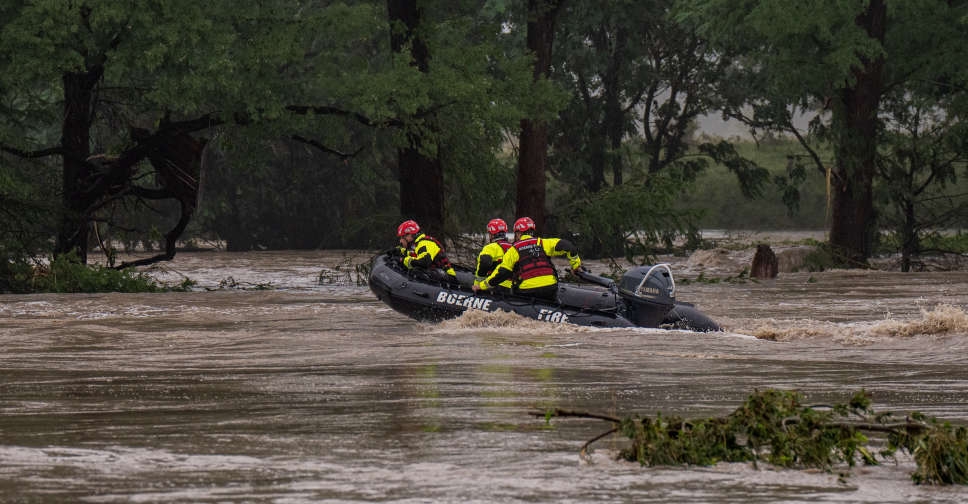 At least 24 dead in Texas flash flooding
At least 24 dead in Texas flash flooding
 Aid foundation says two of its workers injured in Gaza
Aid foundation says two of its workers injured in Gaza
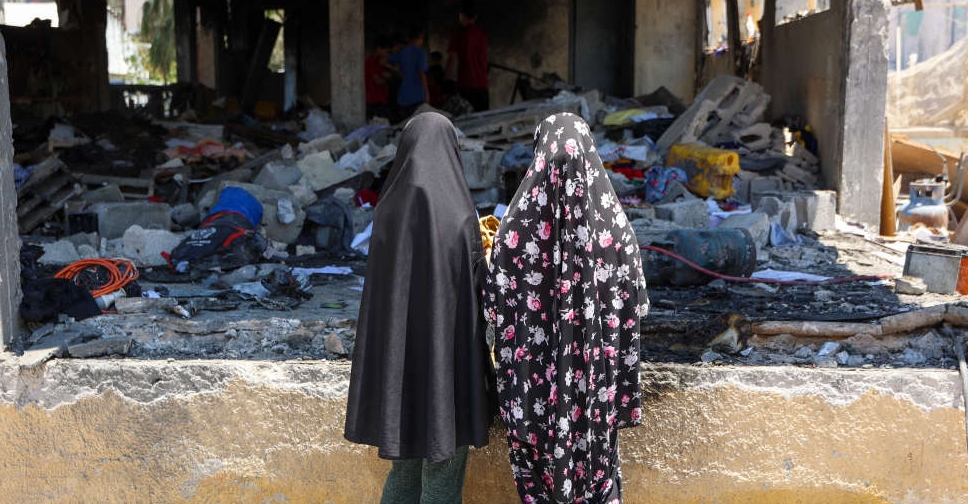 Hamas says it responds to Gaza ceasefire proposal in 'positive spirit'
Hamas says it responds to Gaza ceasefire proposal in 'positive spirit'
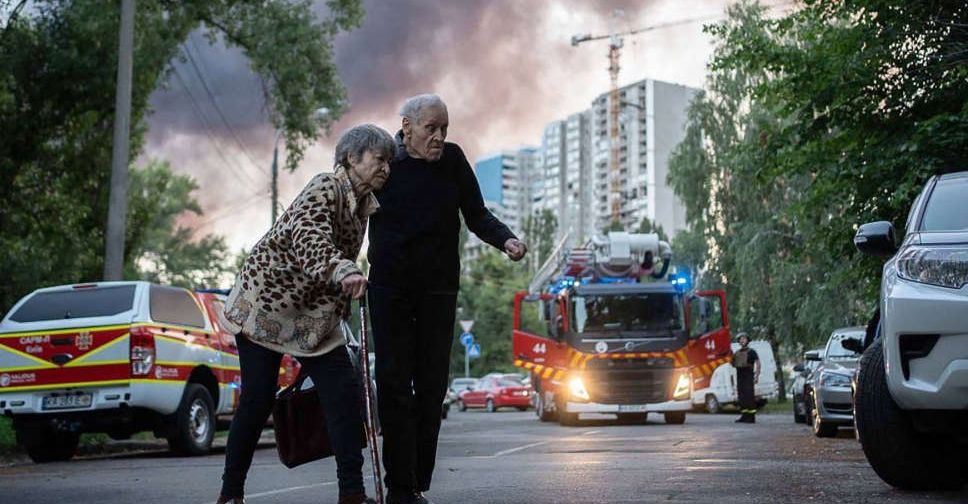 Russia pounds Kyiv with largest drone attack, hours after Trump-Putin call
Russia pounds Kyiv with largest drone attack, hours after Trump-Putin call
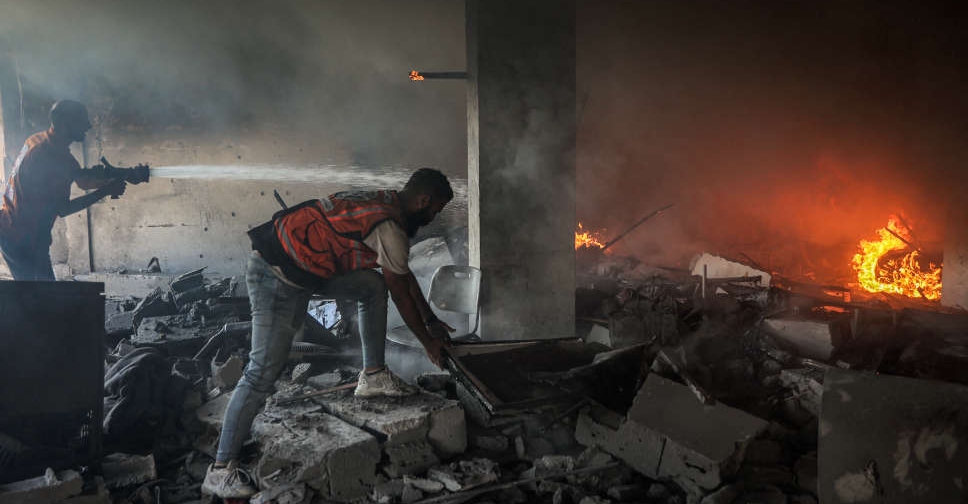 Trump says he expects Hamas decision in 24 hours on 'final' peace proposal
Trump says he expects Hamas decision in 24 hours on 'final' peace proposal

